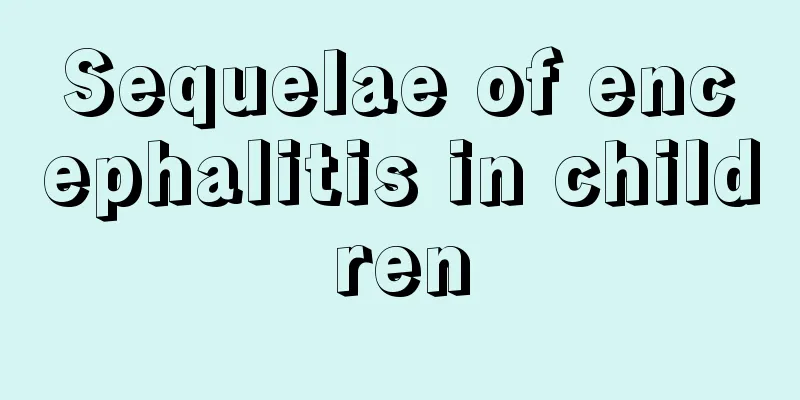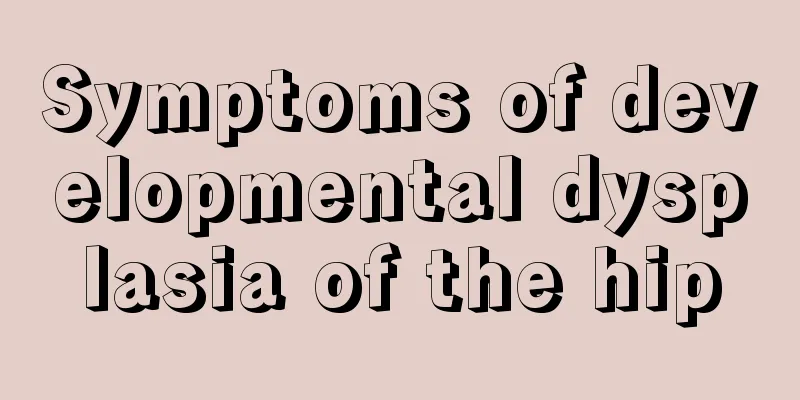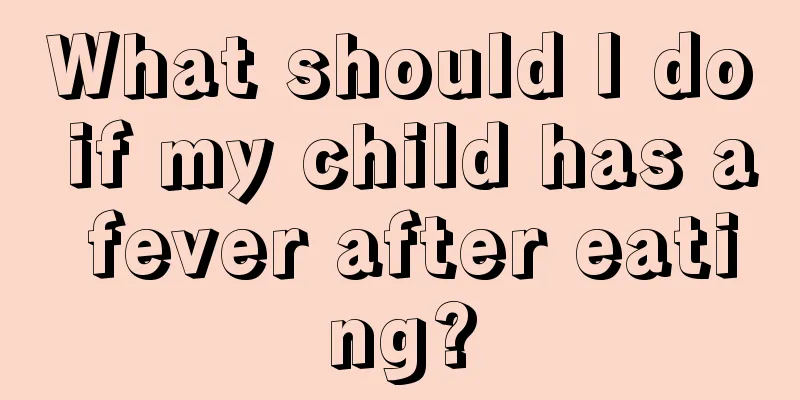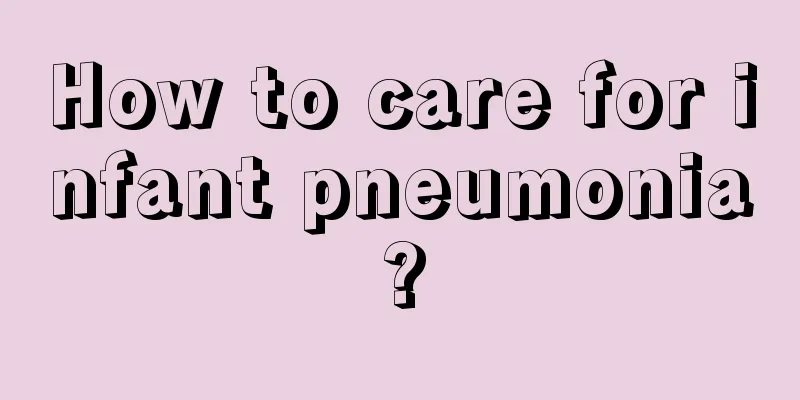Sequelae of encephalitis in children

|
Children's physical constitution is relatively weak, so we must let them exercise more in daily life. Proper nutritional supplementation can effectively control the occurrence of the disease. We should also keep children away from places where germs gather, so as to prevent encephalitis. Encephalitis is a relatively common infectious disease in daily life. Encephalitis is mainly caused by contact with infectious sources, so parents should teach their children to avoid contact with these infectious patients. Of course, you should also bask in the sun regularly to control diseases and achieve a sterilization effect. Tuberculous meningitis is the most serious disease of tuberculosis in children. It is part of systemic tuberculosis and is caused by the tuberculosis bacteria entering the brain tissue through the blood circulation. The early symptoms of tuberculous meningitis are changes in the child's mental state, such as a previously quiet child becoming irritable and crybaby, or a previously lively child becoming mentally dull and not liking to play games. Other symptoms include low fever, loss of appetite, vomiting, restless sleep, and weight loss. Older children may complain of headaches. If the condition is serious, the child's headache will be persistent and worsen, vomiting will worsen and may become projectile, drowsiness will gradually appear, and convulsions may occur. After the convulsions stop, the child will be conscious. If the condition worsens further, coma, frequent convulsions, and muscle relaxation and paralysis of the limbs may occur. Breathing irregularities may also occur, and some patients may die. If tuberculous meningitis is not treated promptly or regularly, serious sequelae such as hydrocephalus, cerebral hemorrhage, limb paralysis, epilepsy, blindness, and mental retardation may occur. The most basic method to prevent tuberculous meningitis is to prevent children from being infected with tuberculosis. Children should be vaccinated with BCG right after birth, and revaccinated every 3 to 4 years, and avoid contact with tuberculosis patients. When children have recurrent low-grade fever and cough that is difficult to cure, they should go to the hospital for a chest X-ray. If it is confirmed to be pulmonary tuberculosis, it should be treated thoroughly to prevent it from spreading to the brain. If a child has a long-term low fever, a change in mental state, persistent headaches, and vomiting, he or she should go to the hospital to check the cerebrospinal fluid. If tuberculous meningitis is confirmed, thorough and regular treatment should be given to reduce the occurrence of sequelae. By understanding the sequelae caused by encephalitis, we can learn that the harm caused by these diseases is not just harm to the body. It may also be a big challenge for the spirit. If your child is found to have symptoms similar to encephalitis in daily life, he or she should be examined by a doctor in time to prevent the development of encephalitis. |
<<: Newborn baby not sleeping at night
>>: What to do if your child has a poor physique
Recommend
What are some ways to promote children's brain development?
The development of the brain will be affected by ...
Treatment of red pimples on children's body
Nowadays, it is not uncommon for children to have...
Why is the skin peeling on my child's hands?
Peeling of the hands is often accompanied by swea...
What is the height and weight of a 2-year-old and 8-month-old girl?
A baby is increasingly becoming a symbol of a fam...
How to deal with a child having a fever at night?
Many children often have a fever in the middle of...
Baby Nutrition Porridge Recipe Introduction
Many parents are confused about what kind of food...
What is the reason for baby tear duct flushing?
Flushing of the tear ducts is a condition that ma...
What are the precautions for children swimming?
Because swimming has many benefits for the human ...
What should parents do when their children have severe diarrhea?
Diarrhea in children is also a common problem. On...
What are the precautions for children’s dental beauty?
Orthodontic treatment for children is very common...
The reason why baby's bottom is red, make the baby more comfortable
The baby has a red butt, which we call diaper ras...
What should I do if my child has a fever of 38.5 degrees?
Nowadays, most families have only one child, and ...
What to do if your child has refractive error
With the popularization of the Internet and the i...
Treatment of toxic erythema of the newborn
I guess everyone is still not familiar with the d...
Will babies get angry if they drink milk?
We all know that milk is rich in nutritional valu...









